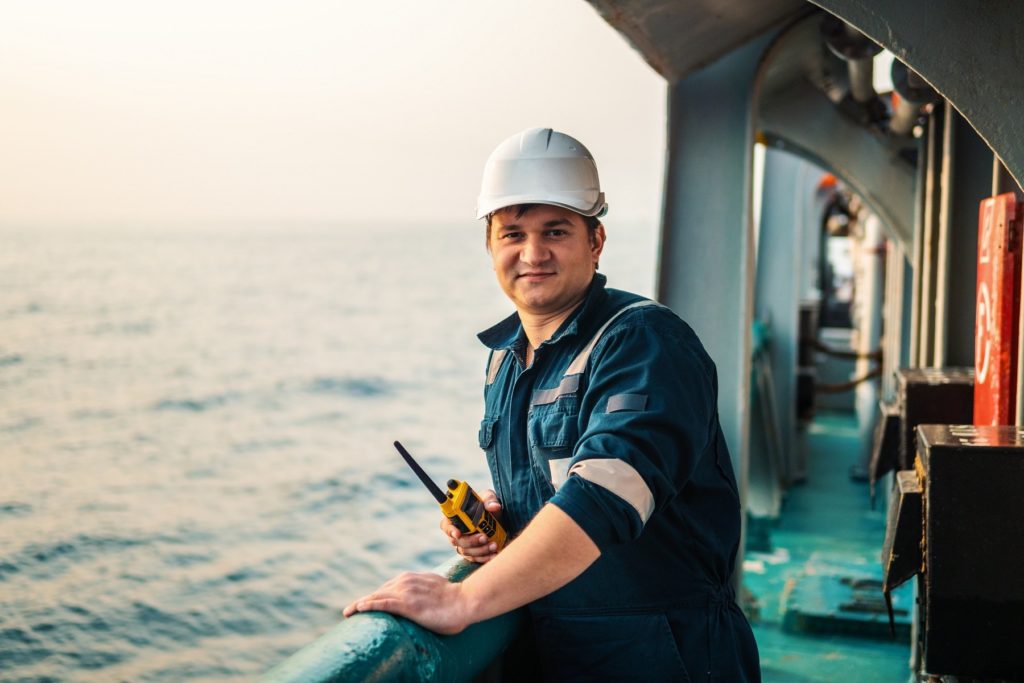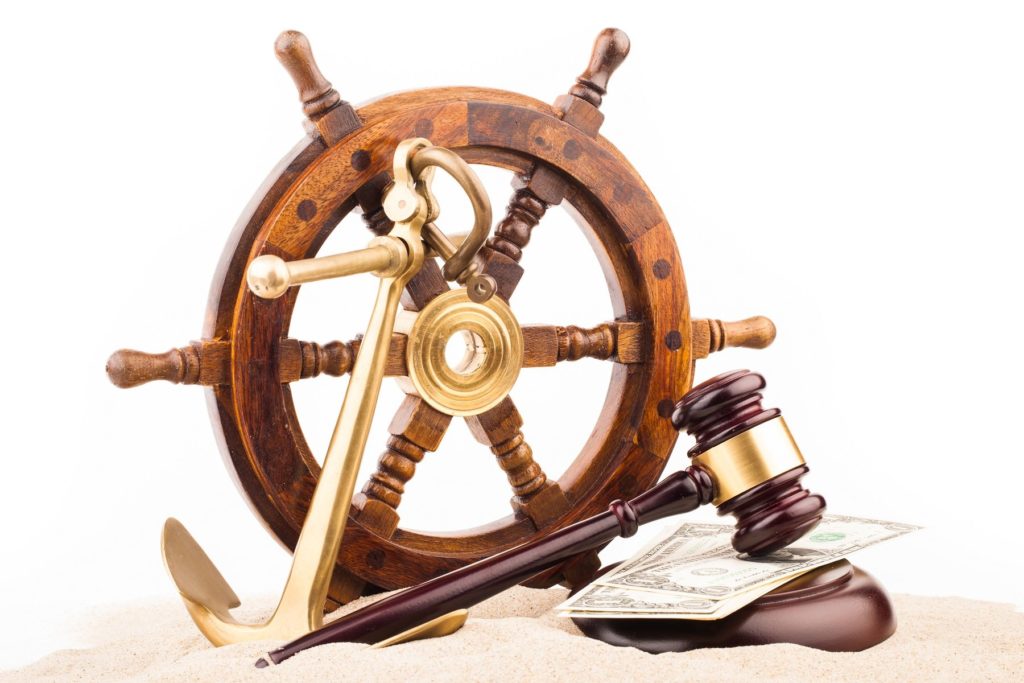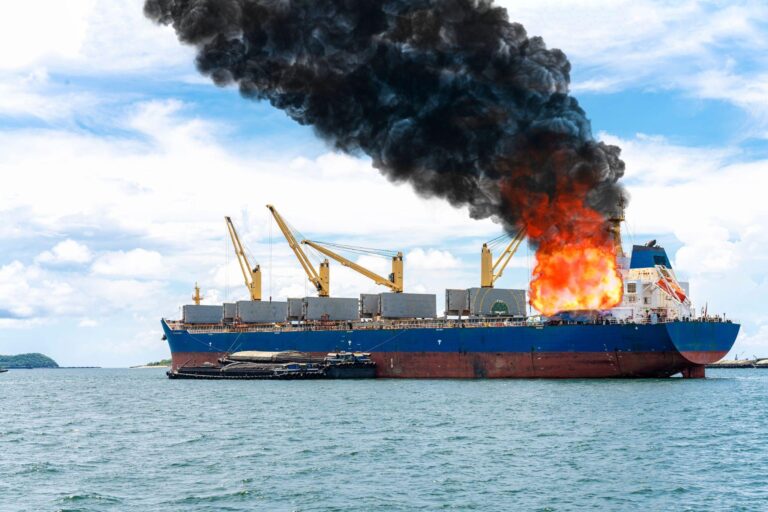“Best Efforts” provisions have been a part of contracts between companies and businesses of all sizes in all industries, not just the maritime industry. The purpose of a “Best Efforts” provision is sometimes compared to “Reasonable Efforts” provisions. These two terms are quite frequently interchanged with each other and mean similar things.
In general, a “Best Efforts” provision is where one party promises to do something in their “best efforts” in exchange for something else. For example, a shipping and transport company that owns oil tankers may want a “Best Efforts” provision in a contract with an oil rig owner.
The provision could state something like the shipping and transport company will exclusively provide oil tankers and make their “best effort” to transport as much oil to a local refinery in exchange for a portion of the profits from the sale of the refined oil.
Now let’s assume that the shipping and transport company fails to maintain their fleet of oil tankers or reduces the number they are using to transport oil from the oil rig. The owner of the oil rig could potentially file a maritime injury case in court because the shipping and transport company was not adhering to the “Best Efforts” provision.
How Courts Interpret “Best Efforts” Provisions
Courts tend to use a few different case law approaches to determine the validity in lawsuits claiming one party did not adhere to their “Best Efforts” provisions. The first one is to determine whether the provisions are clearly defined. If they are deemed too vague, the court will not uphold the provisions.

The second one is to examine the contract and review the specific circumstances on a case-by-case basis. Taking this approach allows the court to evaluate whether the party being sued failed to provide its “best efforts.”
How to Ensure “Best Efforts” Provisions Are Clearly Defined
When entering into a contract agreement in the maritime industry, it is highly recommended to have a qualified maritime attorney experienced in maritime contracts and “Best Efforts” provisions review the contract for you.
If you are a maritime worker who is injured while on the job and attempting to fulfill the “Best Efforts” provisions of a contract, you may be entitled to file a maritime injury claim against the responsible party. To find out your legal rights, please feel free to contact the maritime attorneys at Maintenance and Cure, part of Schechter, Shaffer & Harris, L.L.P. at 800-836-5830 today!







